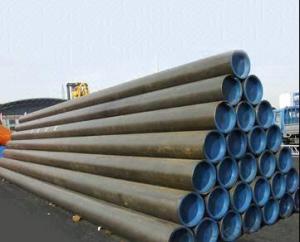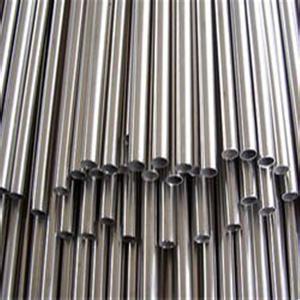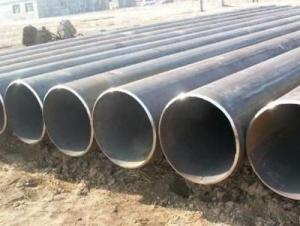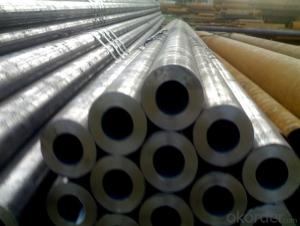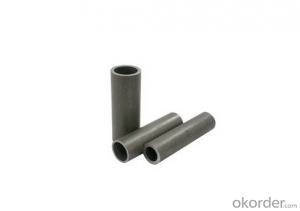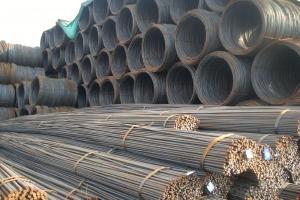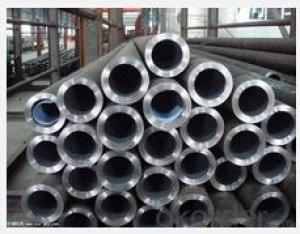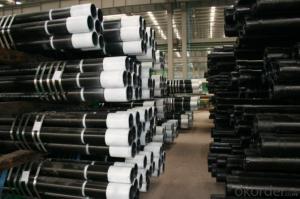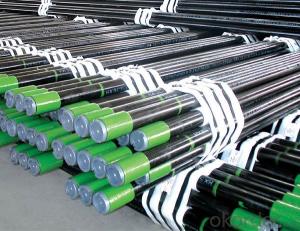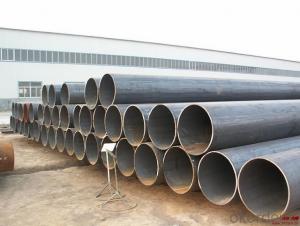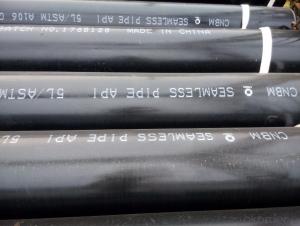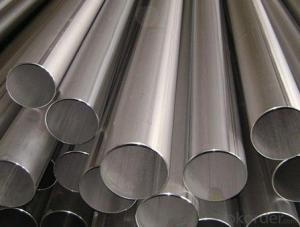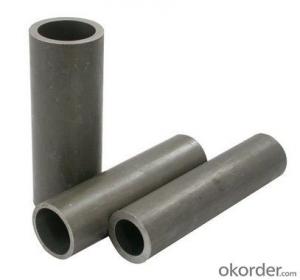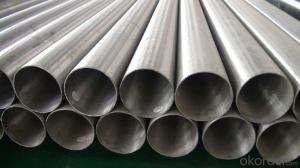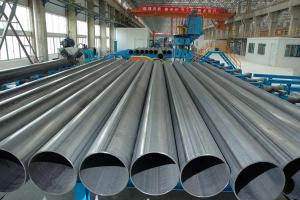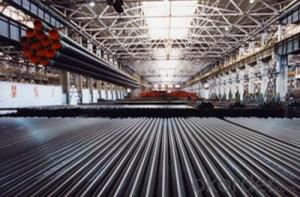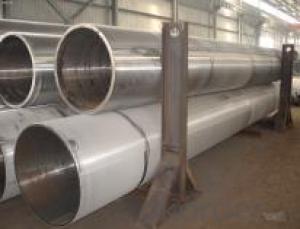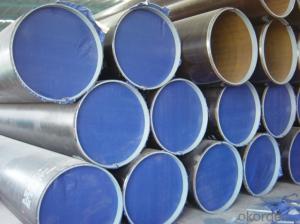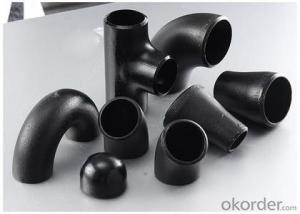All Categories
- - Steel Wire Rod
- - Steel Coils
- - Steel Profiles
- - Steel Pipes
- - Stainless Steel
- - Tinplate
- - Special Steel
- - Steel Sheets
- - Steel Rebars
- - Steel Strips
- - Hot Rolled Steel
- - Cold Rolled Steel
- - Pre-painted Steel
- - Seamless Steel Pipe
- - Welded Steel Pipe
- - Hollow Steel Tubes
- - Galvanized Pipe
- - Stainless Steel Coil
- - Stainless Steel Sheet
- - Stainless Steel Plate
- - Stainless Steel Strips
- - Electrolytic Tinplate Coil
- - Electrolytic Tinplate Sheet
- - Stainless Steel Rebars
- - Solar Panels
- - Solar Water Heater
- - Solar Related Products
- - Solar Inverter
- - Solar Cells
- - Solar Light
- - Solar Energy Systems
- - Solar Controllers
- - Solar Mounting System
- - Solar Pump
- - Solar Chargers
- - Fiberglass Chopped Strand
- - Fiberglass Mesh Cloth
- - Composite Pipes
- - FRP Pultrusion Profiles
- - Fiberglass Mat Tissue
- - Fiberglass Fabrics
- - Fiberglass Mesh
- - Composite Tank
- - Fiberglass Mesh tape
- - Polymer
- - FRP Roofing Panel
- - Fiberglass Roving
- - Monolithic Refractories
- - Ceramic Fiber Products
- - Refractory Bricks
- - Raw Materials For Refractory
- - Suspended Platform
- - Cranes
- - Concrete Machinery
- - Earthmoving Machinery
- - Building Hoist
- - Road Building Machinery
- - Plastic Pipe Fittings
- - Plastic Tubes
- - Plastic Sheets
- - Agricultural Plastic Products
- - Plastic Nets
 All Categories
All Categories
Q & A
What is the maximum pressure that a welded steel pipe can handle?
The maximum pressure that a welded steel pipe can handle depends on several factors including the pipe's size, thickness, material grade, and the welding technique used. However, in general, welded steel pipes can typically withstand high pressures ranging from several hundred to several thousand pounds per square inch (psi). Precise calculations and specifications are determined by engineering and industry standards, as well as the intended application and safety requirements.
What is the difference between solid-state welding and fusion welding for welded steel pipe?
Solid-state welding and fusion welding are two different methods used for welding steel pipes.
Solid-state welding involves joining two pieces of steel together without melting the base material. This method typically uses pressure and heat to create a bond between the materials. Examples of solid-state welding methods include friction welding, ultrasonic welding, and explosion welding. Solid-state welding is advantageous as it results in a strong and durable bond without the need for filler materials, making it ideal for joining dissimilar metals. However, it may have limitations in terms of the size and thickness of materials that can be welded.
On the other hand, fusion welding, as the name suggests, involves melting the base material along with the addition of filler material to create a weld joint. This method commonly uses heat from an electric arc or a gas flame to melt the steel. Fusion welding methods include gas metal arc welding (GMAW), gas tungsten arc welding (GTAW), and shielded metal arc welding (SMAW). Fusion welding offers more flexibility in terms of the size and thickness of materials that can be welded, and it allows for better control over the weld quality. However, fusion welding may result in heat-affected zones and residual stresses, which can affect the mechanical properties of the welded steel pipe.
In summary, the main difference between solid-state welding and fusion welding for welded steel pipes lies in the approach to joining the materials. Solid-state welding does not involve melting the base material, while fusion welding does. Each method has its advantages and limitations, and the choice of welding method depends on factors such as the materials being joined, the desired weld quality, and the specific application requirements.
Can welded steel pipes be used for wastewater treatment systems?
Yes, welded steel pipes can be used for wastewater treatment systems. They are commonly used due to their strength, durability, and resistance to corrosion, which are essential properties for handling wastewater. Additionally, welded steel pipes can be customized to meet the specific requirements of wastewater treatment systems, making them a suitable choice for such applications.
How do welded steel pipes handle extreme weather conditions?
Welded steel pipes are highly durable and can withstand extreme weather conditions. Their strong and rigid construction allows them to resist high winds, heavy rainfall, and extreme temperatures. Additionally, the welding process ensures a seamless and watertight joint, preventing any leakage or damage caused by weather elements. This makes welded steel pipes suitable for various applications in harsh environments, such as oil and gas pipelines or infrastructure projects.
How is the impact toughness of welded steel pipe measured?
The impact toughness of welded steel pipe is typically measured using the Charpy V-notch test, where a notched specimen is subjected to a high-velocity impact. The energy absorbed during the fracture of the specimen is then measured, indicating the material's ability to withstand sudden loading or impact.
Wholesale Welded Steel Pipe from supplier in Grenada
We understand the importance of delivering reliable and durable Welded Steel Pipe products to meet the specific requirements of our customers in Grenada. Our products are manufactured using high-quality materials and advanced manufacturing techniques to ensure superior performance and longevity.
In addition to our top-quality products, we also provide comprehensive sales, quotation, and technical support services. Our team of experienced professionals is dedicated to helping you find the right Welded Steel Pipe solutions for your projects. We can assist you in selecting the appropriate products, providing accurate quotations, and offering technical advice to ensure the success of your projects.
As a subsidiary platform of CNBM, a Fortune Global 500 company, we have the resources and capabilities to offer a seamless one-stop solution for all your Welded Steel Pipe procurement needs. Our strong global network and partnerships enable us to source and deliver products efficiently and on time.
We take pride in our extensive range of Welded Steel Pipe products that are designed to meet diverse industry needs. Whether you require pipes for construction, infrastructure development, or industrial applications, we have the right solution for you. Our team has in-depth knowledge and expertise in the market conditions and regulations in Grenada, allowing us to provide exceptional project support and guidance.
No matter the scale of your project, we are committed to delivering unmatched product quality and industry knowledge. We strive to exceed your expectations by providing top-quality products, excellent customer service, and on-time delivery. Trust us as your reliable Welded Steel Pipe supplier in Grenada. Contact us today to discuss your requirements and let us assist you in finding the best solutions for your projects.
In addition to our top-quality products, we also provide comprehensive sales, quotation, and technical support services. Our team of experienced professionals is dedicated to helping you find the right Welded Steel Pipe solutions for your projects. We can assist you in selecting the appropriate products, providing accurate quotations, and offering technical advice to ensure the success of your projects.
As a subsidiary platform of CNBM, a Fortune Global 500 company, we have the resources and capabilities to offer a seamless one-stop solution for all your Welded Steel Pipe procurement needs. Our strong global network and partnerships enable us to source and deliver products efficiently and on time.
We take pride in our extensive range of Welded Steel Pipe products that are designed to meet diverse industry needs. Whether you require pipes for construction, infrastructure development, or industrial applications, we have the right solution for you. Our team has in-depth knowledge and expertise in the market conditions and regulations in Grenada, allowing us to provide exceptional project support and guidance.
No matter the scale of your project, we are committed to delivering unmatched product quality and industry knowledge. We strive to exceed your expectations by providing top-quality products, excellent customer service, and on-time delivery. Trust us as your reliable Welded Steel Pipe supplier in Grenada. Contact us today to discuss your requirements and let us assist you in finding the best solutions for your projects.
